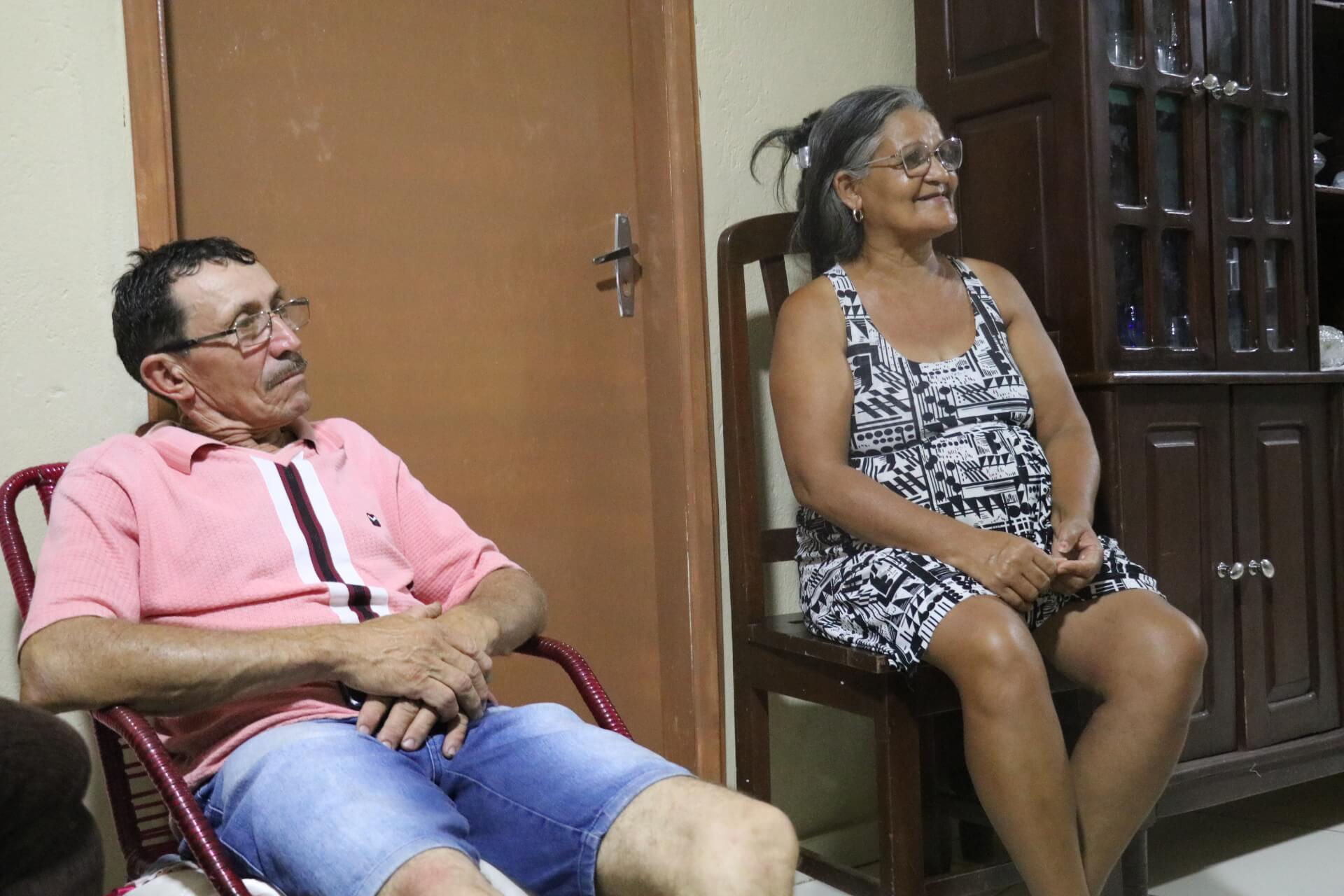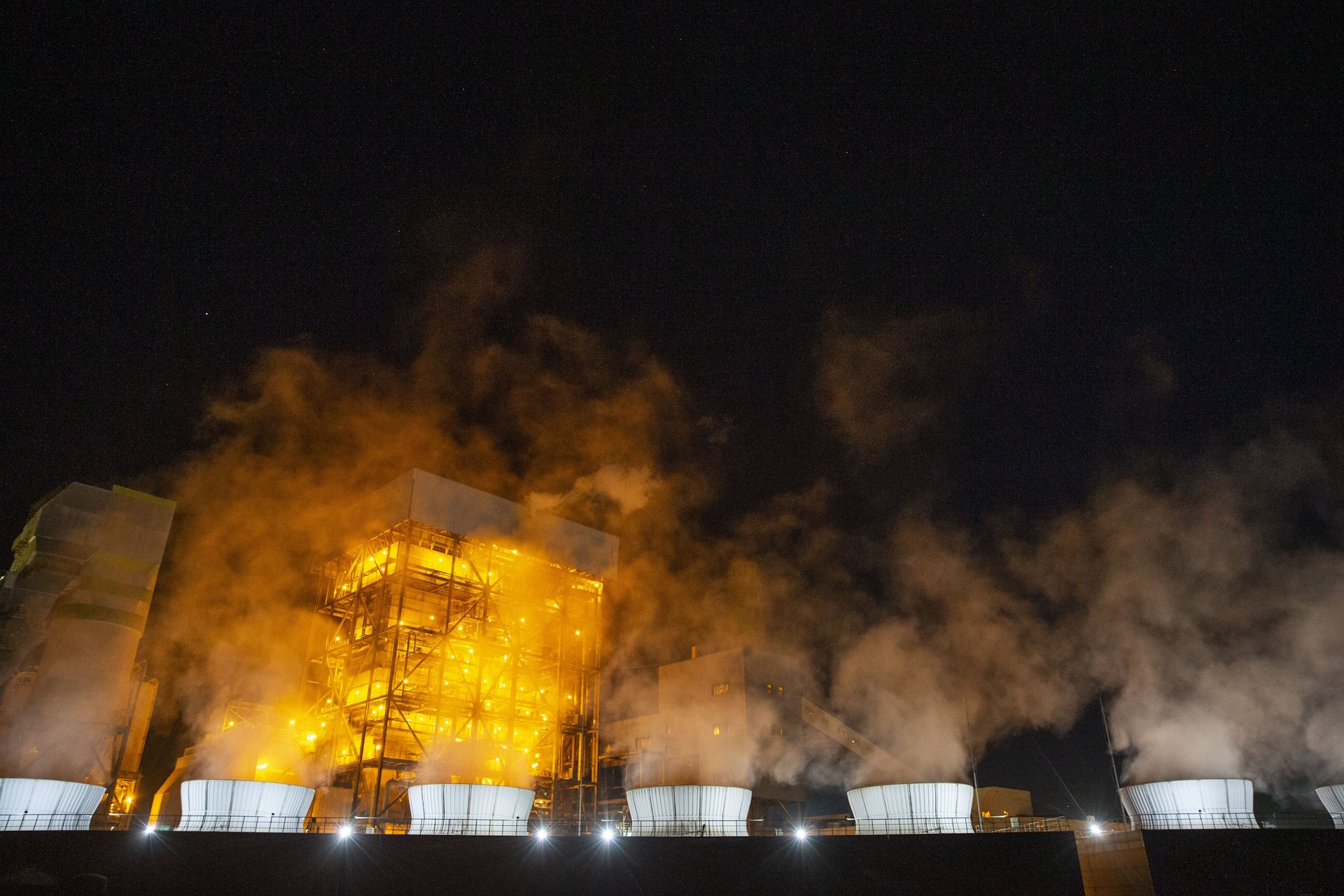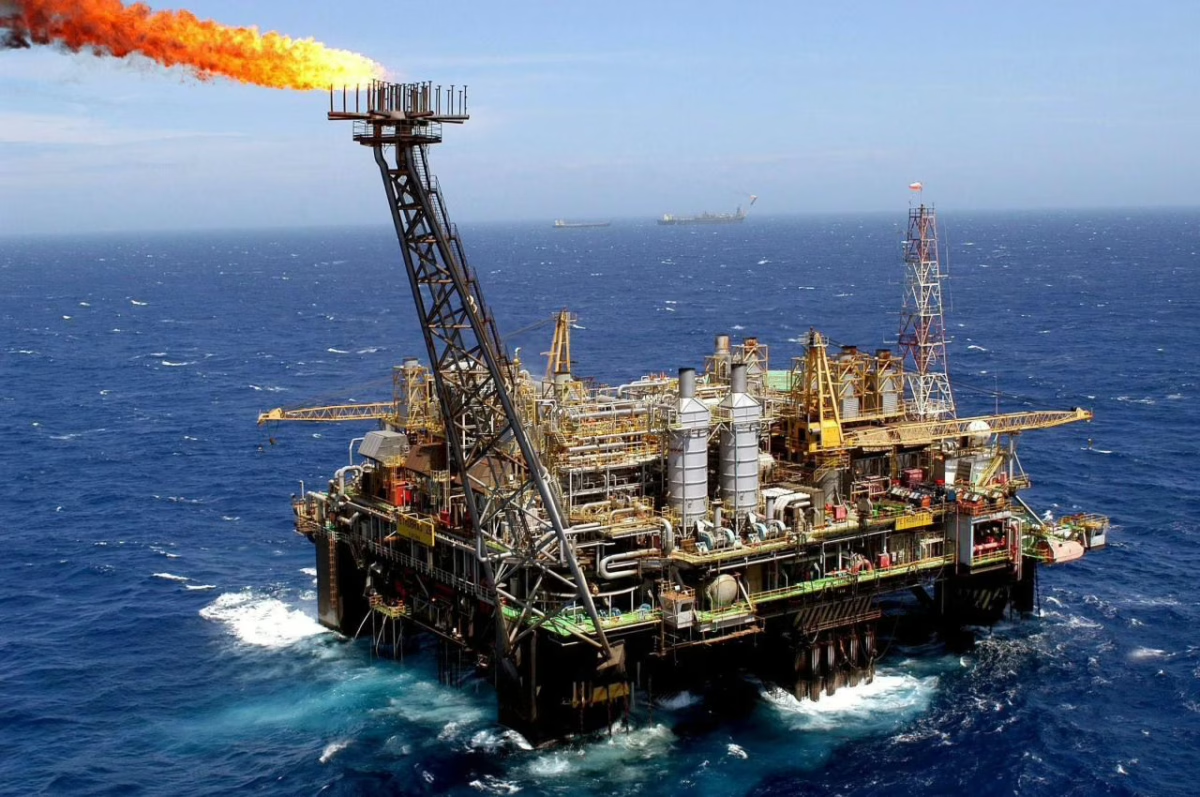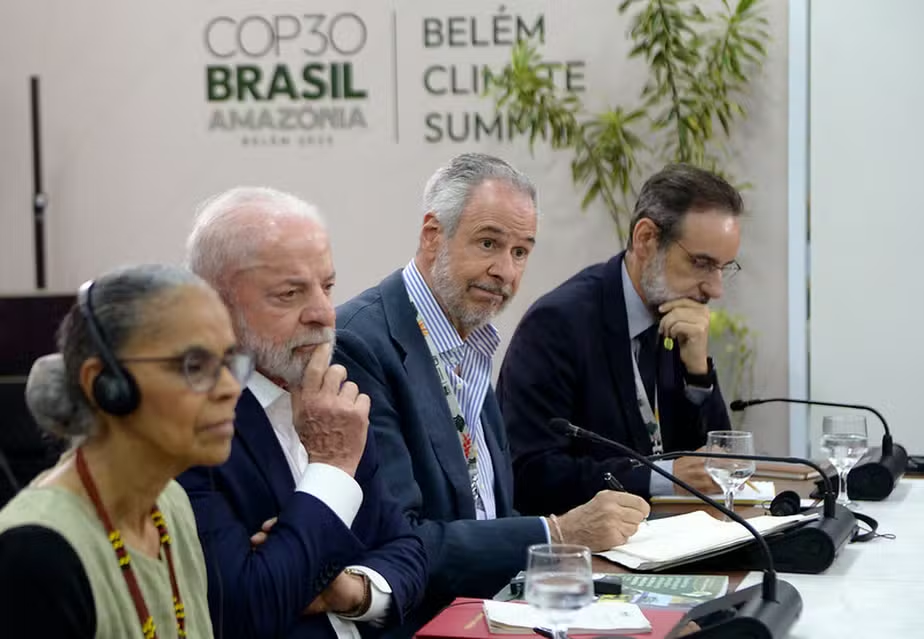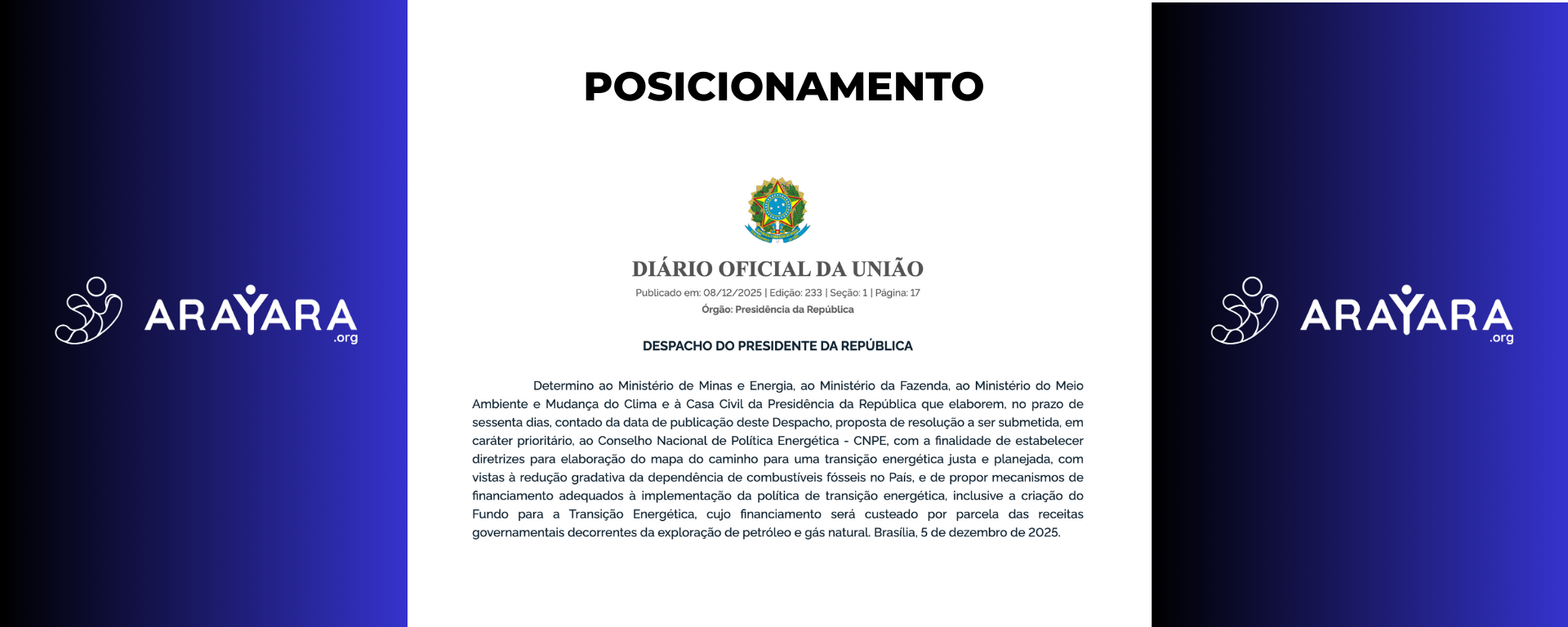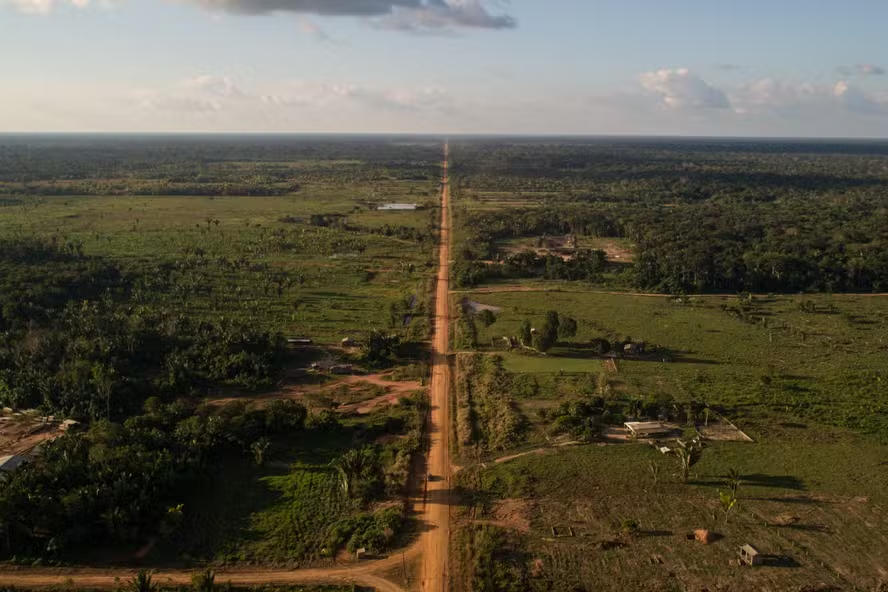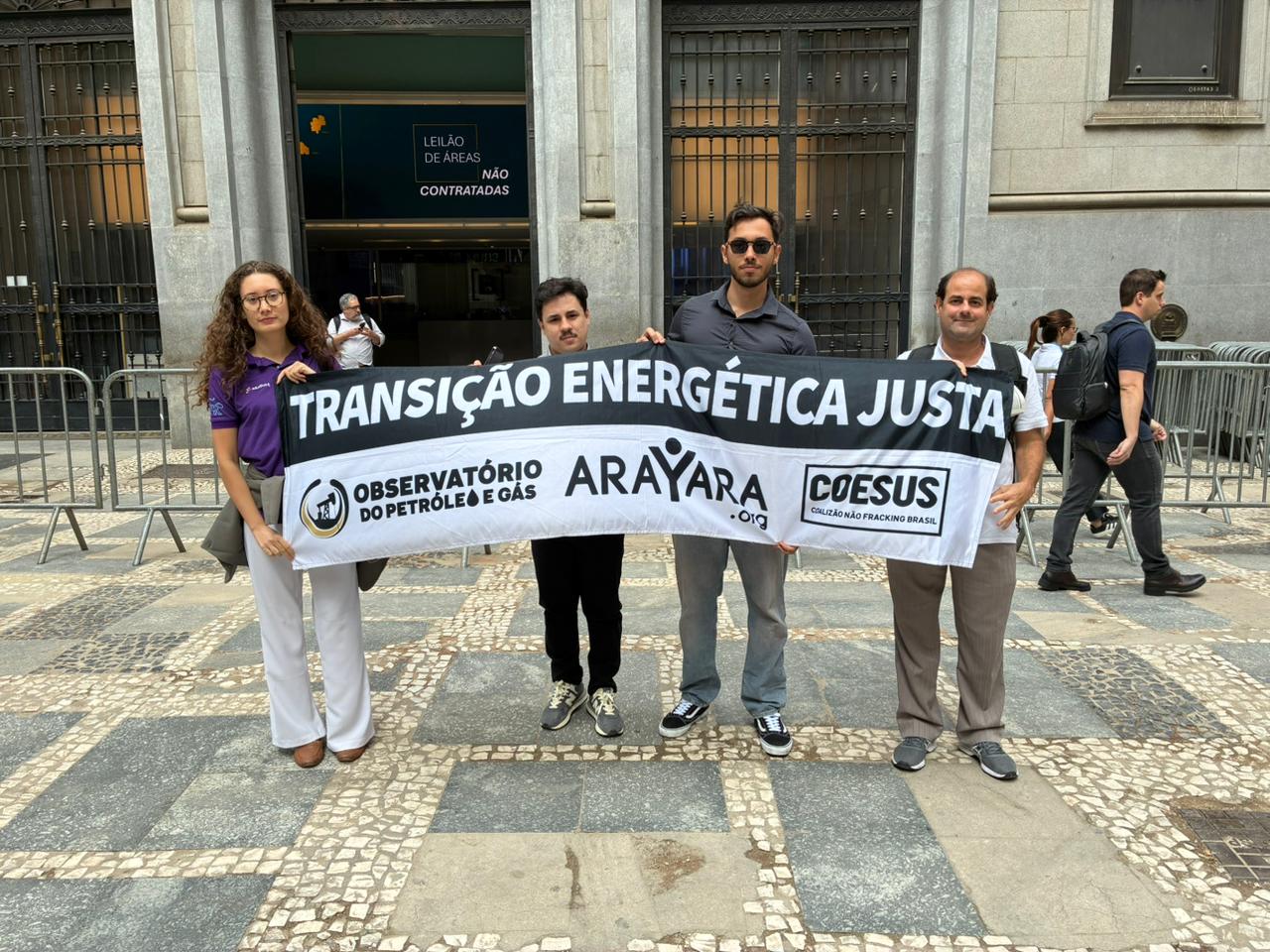The No Fracking Brazil team spoke with residents of the city, who said they had no contact with the researchers
What is fracking?
Fracking – also called hydraulic fracturing – is a process that involves injecting large volumes of water, chemicals and sand at high pressure into underground rock layers to release trapped natural gas. Despite being a technique already used in several countries, it is controversial because it causes environmental and ecological damage, including contamination of groundwater, release of greenhouse gases, induced earthquakes, etc.
COESUS – Coalition No Fracking Brazil for Water and Life, a campaign by the Arayara International Institute, interviewed, on September 14, 2022, Mrs. Julia Leopoldino, a resident of São João dos Patos, in Maranhão. Julia shared her experience of approaching employees of a research company who were seeking permission to enter her property and conduct studies. According to her, the employees arrived, talked to the family and took a document for them to sign, authorizing the research.
“They said that the network does not affect anything, it’s just a little thing” , reported Julia.
The resident says that everyone in the region signed the document. Similar situations occurred in the state of Paraná, where the population was also authorized to carry out research related to gas extraction by hydraulic fracturing. However, the damage caused by the studies was extensive, resulting in cracks in houses and structures due to seismic activities caused by the search.
In Santa Catarina, residents, rural producers and farmers, aware of the negative impacts of fracking on their properties, decided to unite and create a movement. They placed information signs on the doors and entrances of their properties, prohibiting the research company from entering. The community came together to fight fracking, and the government, pressured by citizens, enacted a law prohibiting hydraulic fracturing throughout the state of Santa Catarina.
Julia also reports that the team of researchers is not made up of local residents, with only two of them from the region. Fracking does not generate significant jobs for the community. Workers live in an isolated compound, sleeping in barracks and bringing their own food, which does not benefit the local economy, including hotels and restaurants. The researchers are only seen at gas stations, fueling their fleets of jeeps, and on properties asking for permits.
When questioned by the COESUS team about the purpose of the gas extracted through fracking, Julia reported that the researchers did not explain what this gas would be used for.
These reports reinforce the importance of effective awareness of the impacts of fracking and the need to seek more sustainable energy alternatives. COESUS remains committed to promoting awareness about the risks of fracking and encouraging collective actions aimed at preserving life and the environment.

